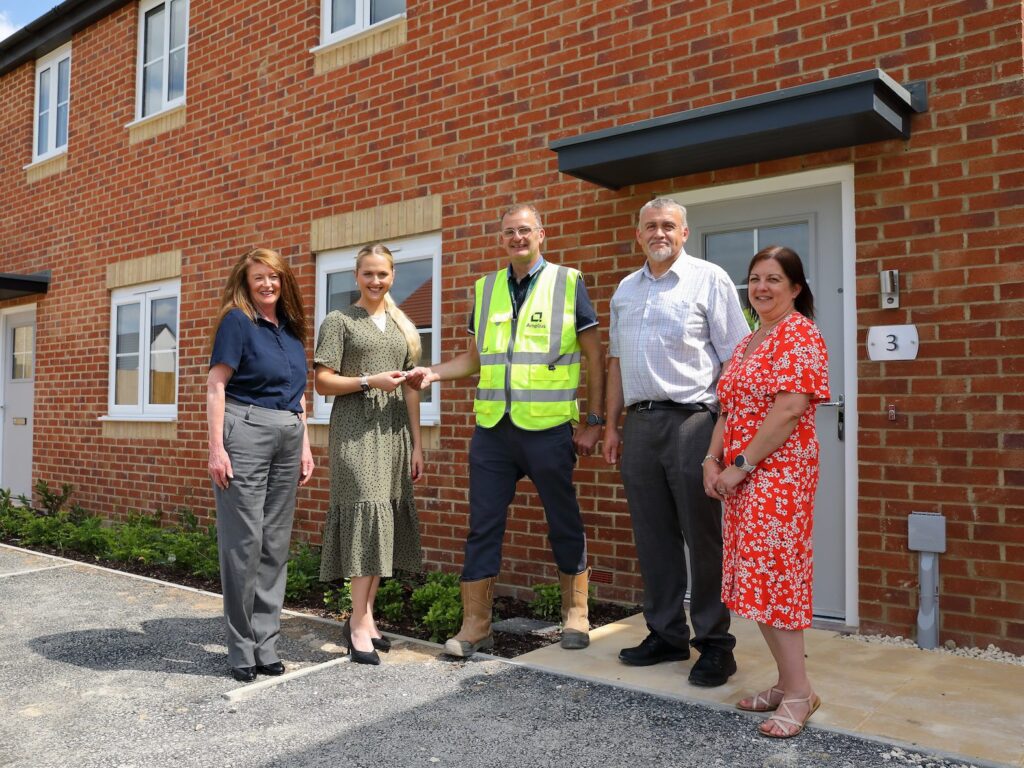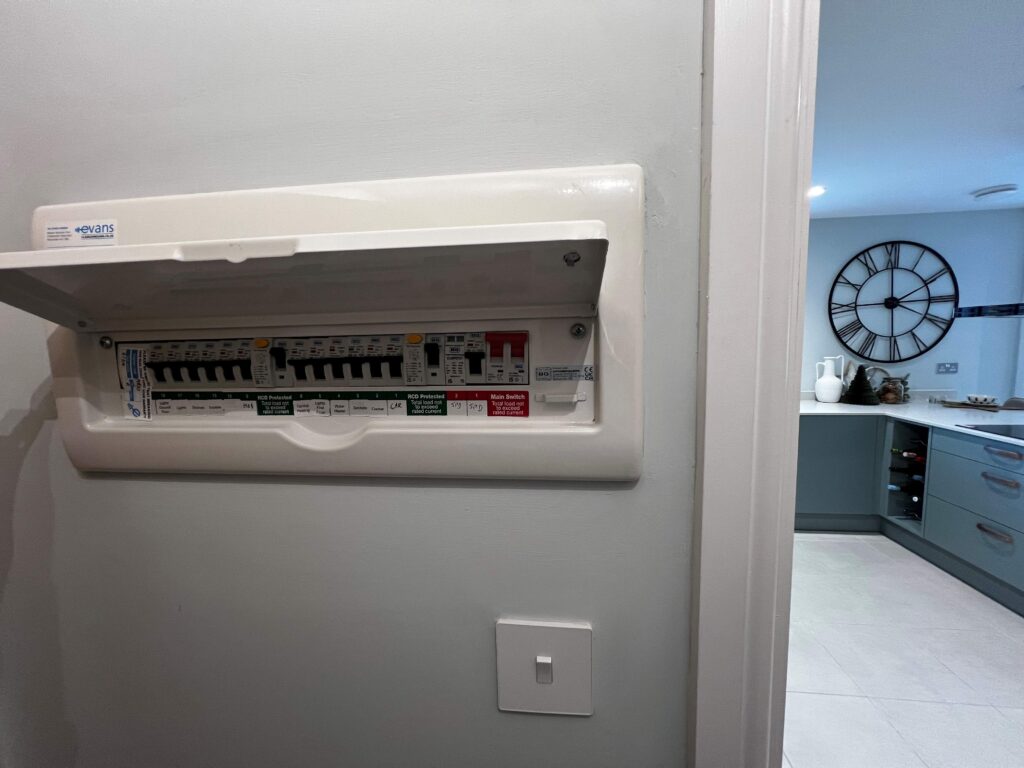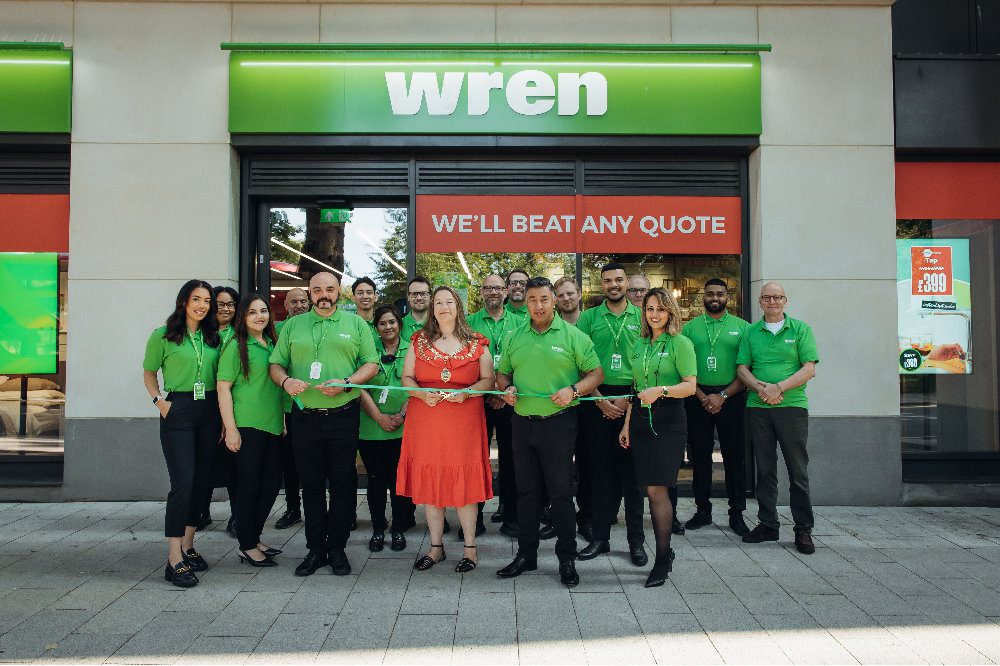Explore Offsite Futures was hailed as a great success by the 250 construction clients, architects, engineers and contractors, who attended the conference. The professionals gathered to share their views on how offsite construction technology could play a vital role in the future of the construction industry. Held at the NEC, Birmingham, this was the second and final 2016 instalment in the series – with the previous event focusing on the housing sector.
One of the many highlights of the day was keynote speaker Tom Bloxham MBE, Chairman of Urban Splash, who expressed great support for offsite manufacture and construction. Declaring it as the future of the construction industry, Tom Bloxham, speaking on behalf of Urban Splash, believes that modular construction can improve the quality of housing and bring down the build cost in the long term.
Tom stated: “Offsite construction is the future and it will change the way we build our homes going forward. Urban Splash wants to work with partners to produce modular homes and, ultimately, we want offsite manufacture to dominate the way we build our homes and apartments and, in turn, generate 70-80% of our business turnover going forward.”
The afternoon of the seminar, featured second keynote speaker of the day, Mark Farmer, CEO of Cast Consultancy who spoke about his recent government commissioned report titled ‘The review of the UK construction labour model – Modernise or Die’. Discussing the report, Mark outlined that in order for the offsite sector to become a mature market, that is producing in excess of 50,000 residential units per year, it needs be characterised by a diverse supply market, have major private investment, in order to capitalise, and support research and development. All whilst it is supported by government policy and intervention. However, Mark stated that the industry needs an evidence backed benefits case for clients to choose which is underpinned by cost, time and quality to lead to maturity.
Mark explained his review: “The tr
Such high-profile companies as Aecom, Chapman Taylor, Skanska, CoBuilder, One Creative Environments, Heathrow Airport and Carillion Building provided a wide range of perspectives from different sectors with all speakers hailing offsite construction as the future and as a way of addressing the current construction skills shortages whilst achieving rapid progression.
Dale Sinclair, Director of Technical Practice at Aecom, discussed the challenges of design for manufacture and the production of the DfMA document. Stating that modular schemes rely on specialist contractors through the design process which take a considerable amount of time through the two to five design process. Dale suggested the key to speeding up the design to construction process is through the use of the DfMA overlay to the RIBA plan of works which will drive productivity.
A recurring theme throughout the day, was the use of digital innovation and BIM to assist with the growth of the offsite industry in order to maximise the benefits of this advanced method of construction. Nick Tune, CEO of CoBuilder, discussed data, which without recognising the importance of the use of data, the industry is unable to achieve its maximum potential. Jason Whittall, Director of One Creative Environments, elaborated on this saying: “The benefits of utilising BIM are aligned with the benefits of offsite fabrication, as a process both concepts seek to achieve similar outcomes.”
Sam Stacey, Director of Innovation, Industrialisation & Business Improvement at Skanska, offered insight into a recent case study project completed by Skanska. Through the use of a flying factory, they were able to produce 540 utility cupboards which were described as pods built for high end residential homes containing MNE equipment. Through a thorough comparison of a proportion of the same utility cupboards being built onsite, due to site constraint issues, the assembly and construction of the cupboards offsite had clear time and productivity advantages – highlighting the huge potential and opportunities of the offsite manufacturing industry.
Tim Houghton, Programme Director – Airport Resilience Development at Heathrow Airport, provided opinion from a client prospective, explaining how offsite can be used as a temporary solution to assist with construction work, as well as a permanent solution such as through the use of toilet pods, which allow modern facilities to be placed in existing old buildings. Tim stated: “There are thousands of opportunities for offsite to be utilised at an airport, I believe everything within an airport can be modular, there is nothing inside that cannot be manufactured offsite.”
The day was concluded with a host of industry expert companies including, B & K Structures, FP McCann, Fusion Build, Elements Europe, BCM, Portakabin and Lakesmere, taking part in 10-minute soap box sessions. All of which discussed how their businesses are contributing and investing within the offsite industry and the products that they believe are the future of the industry.
An overarching theme of the day, and one that all speakers were in mutual agreement, was how the sector is at a tipping point of success. Mark Farmer summarised this, declaring: “There is a lot of talk but ultimately we all need to be out there making a change. This is a long haul but I do believe we are at an interesting and strong point where things are changing and everyone in the offsite industry can influence and change things.”











